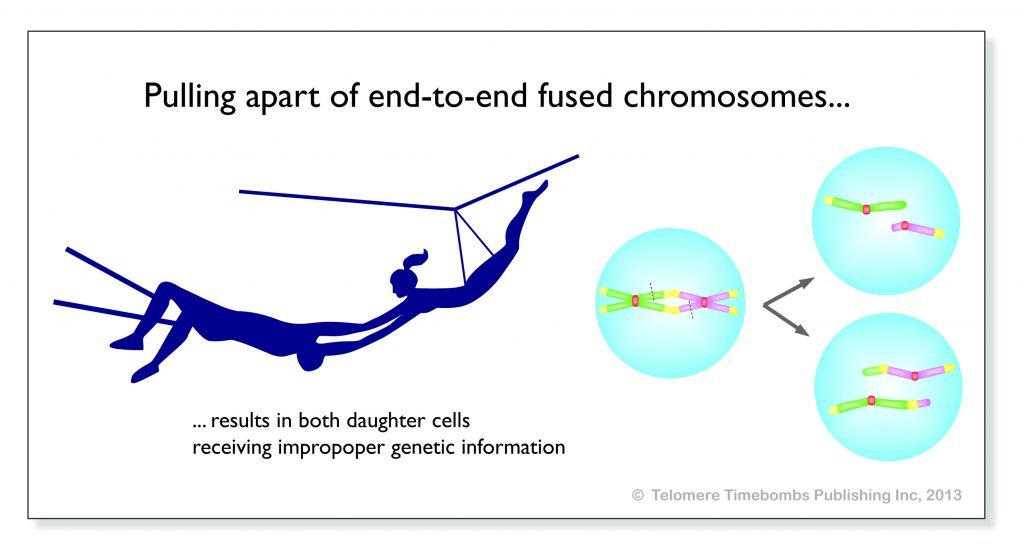
Titia de Lange, Ph.D., Leon Hess Professor; American Cancer Society Professor; Head, Laboratory of Cell Biology and Genetics; Director, Anderson Center for Cancer Research; Rockefeller University, New York.
Awarded the Gairdner Award for her discovery of the mechanisms by which mammalian telomeres are protected from deleterious DNA repair and damage responses.
Reading Time: 2 minutes
Dr. Titia de Lange wins prestigious Gairdner award for telomere studies
Titia de Lange, Ph.D., Leon Hess Professor; American Cancer Society Professor; Head, Laboratory of Cell Biology and Genetics; Director, Anderson Center for Cancer Research; Rockefeller University, New York. Awarded for her discovery of the mechanisms by which mammalian telomeres are protected from deleterious DNA repair and damage responses.
The work: The problem de Lange has focused on for the past two decades is a basic problem in cell biology. Chromosomes are made of protein and a single molecule of deoxyribonucleic acid (DNA) and have two ends. Our body has a vigilant surveillance system which is always looking for damage to our DNA, including breaks which can lead to various diseases, such as cancer. The ends of chromosomes are called telomeres and Dr. de Lange discovered that they are bound by a complex of proteins she named shelterin. De Lange’s work addressed the mechanism by which telomeres protect chromosome ends, an issue she refers to as the “telomere end-protection problem.” De Lange revealed that telomeres need to repress six distinct DNA damage response (DDR) pathways that threaten genome integrity. She identified the shelterin protein complex that protects telomeres and established how distinct shelterin subunits repress different DDR pathways.
The impact: Her work has solved a long-standing riddle in biology, one that has profound implications for our understanding of effective cell proliferation, chromosome integrity and a diverse array of human disorders including cancer and aging. The work on the telomere end-protection problem and the types of genome instability that result from lack of telomere function has informed scientists about the events involved in early tumorigenesis when telomeres shorten due to the lack of telomerase. De Lange’s findings argue that the genome instability in human cancer is in part due to loss of telomere function. Furthermore, understanding how telomeres solve the end-protection problem is directly relevant to the telomeropathies, which are diseases caused by compromised telomere function.
To understand this, please watch this video:
My book, Telomere Timebombs, also explains this well comparing chromosomes to Trapeze artists
Great news! My book had been selling for over $100 for many months now because I didn’t issue any reprints.
But tonight, I see Amazon has reordered a bunch, so it’s back to under $20!





